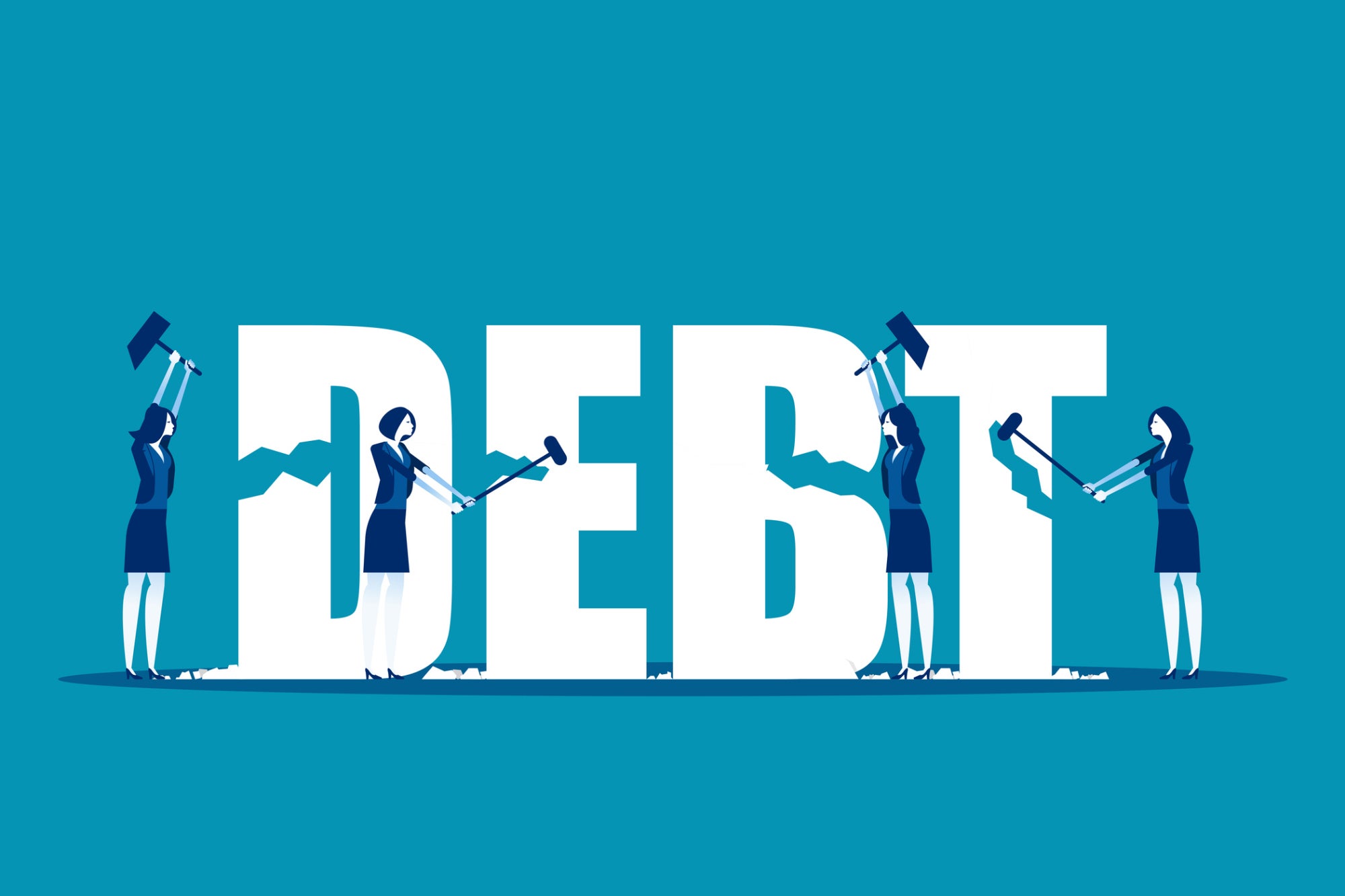Managing debt can feel overwhelming, but with the right strategies, you can take control and work towards financial freedom. In this article, we’ll explore the best ways to reduce debt effectively, helping you navigate your journey to a debt-free life.
Understand Your Debt
Assess Your Financial Situation
Before taking any action, it’s crucial to understand your current financial situation. Start by listing all your debts, including credit cards, loans, and any other outstanding balances. Note the interest rates and minimum monthly payments for each. This comprehensive view will help you prioritize which debts to tackle first.
Set Clear Goals
Once you have a clear picture of your debts, set realistic goals for reduction. Determine how much you want to pay off each month and establish a timeline. Having specific, measurable goals will keep you motivated and focused as you work toward becoming debt-free.

Create a Budget
Develop a Monthly Budget
Creating a budget is one of the most effective ways to manage and reduce debt. List all your income sources and expenses to see where your money goes. By identifying areas where you can cut back, you can free up more funds to allocate toward debt repayment.
Track Your Spending
Use budgeting tools or apps to track your spending. Regularly reviewing your expenses will help you stay accountable and identify any unnecessary purchases. By cutting back on non-essential spending, you can redirect that money to pay down your debts.
Implement a Debt Repayment Strategy
Snowball Method
The snowball method involves paying off your smallest debts first while making minimum payments on larger ones. Once the smallest debt is cleared, you move to the next one. This approach can build momentum and provide motivation as you celebrate small wins along the way.
Avalanche Method
Alternatively, the avalanche method focuses on paying off debts with the highest interest rates first. By prioritizing these debts, you save money on interest payments in the long run. Choose the strategy that resonates most with your personality and motivates you to stick to your plan.
Consider Consolidation Options
Debt Consolidation Loans
If you have multiple debts, consider a debt consolidation loan. This type of loan combines several debts into one single payment, often at a lower interest rate. It simplifies your repayment process and can save you money on interest.
Balance Transfer Credit Cards
Another option is to use a balance transfer credit card, which allows you to transfer high-interest credit card debt to a card with a lower interest rate. Many balance transfer cards offer an introductory 0% APR for a limited time. Just be cautious of fees and ensure you pay off the balance before the introductory period ends.
Seek Professional Help
Credit Counseling
If you’re struggling to manage your debt, consider seeking help from a credit counseling agency. These professionals can provide guidance, help you create a budget, and negotiate with creditors on your behalf.
Debt Management Plans
Credit counselors may also offer debt management plans (DMPs), which allow you to make a single monthly payment to the counseling agency. They then distribute the funds to your creditors. This can simplify your payment process and potentially reduce your interest rates.
Build an Emergency Fund
Importance of an Emergency Fund
Having an emergency fund can prevent you from accumulating more debt in the future. Unexpected expenses can arise at any time, and having a financial cushion can help you manage these situations without relying on credit cards or loans.
Start Small
If building an emergency fund feels daunting, start small. Aim to save a few hundred dollars initially, then gradually increase that amount. Setting aside even a little each month can make a significant difference over time.
Conclusion
In conclusion, reducing debt requires commitment and a well-thought-out plan. By understanding your debt, creating a budget, implementing a repayment strategy, exploring consolidation options, seeking professional help, and building an emergency fund, you can take meaningful steps toward financial freedom. Remember, the journey to becoming debt-free may take time, but with persistence and the right strategies, you can achieve your goals. Stay focused, and celebrate your progress along the way!



